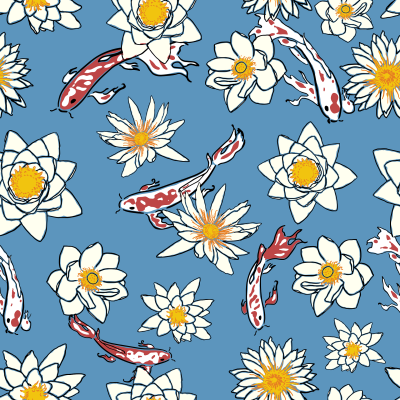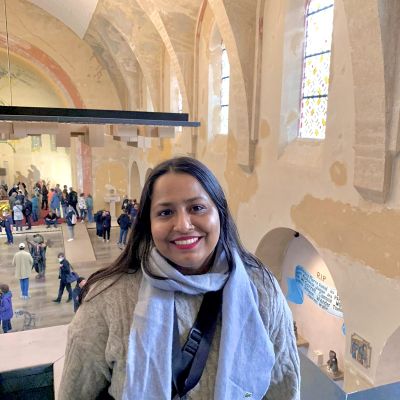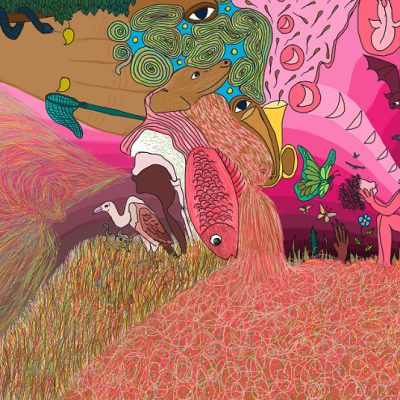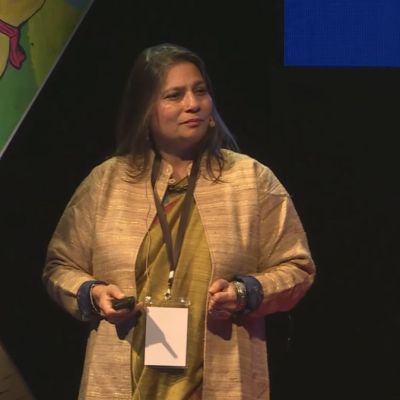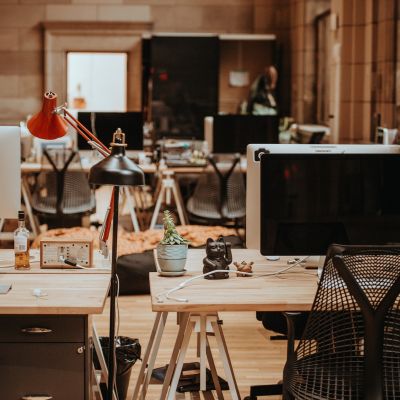intersectionality
Queering, as a theoretical and practical approach, has emerged as a powerful means of challenging and dismantling established politics, power…
Ensuring the protection of sex workers’ physical and emotional wellbeing, as well as safeguarding their rights to life, profession, labour freedom, health, and reproductive and sexual rights is fundamental within a constitutional democratic society.
Our bodies are the vessels through which we feel, emote, work or navigate our societies and the world at large. Our bodies are the real, live archive of everything we have experienced and they have borne the consequences of our social conditioning and decisions.
Body is born, as a collection of many parts, into the various collections of bodies. Different combinations or collections are projected onto various historical, spatial and temporal dimensions, out of our needs, desires and capabilities.
If the workplace looked anything like our world, it would have 50% men and 50% women, 7% would have a college degree, 55% would have access to the internet, and only 70% would have access to a smartphone.
To chase down our own vulnerabilities around sexuality is a short run around the corner, five minutes ago, last night sleeping alone, with a lover, a partner who lost interest, the Insta post that leaves you feeling you’re not good enough for the hug, the kiss, the cuddle and are you perhaps the A of LGBTQIA+?
“Questions of difference should not be a cause for despair. There are examples from history and our own lives that show how we can connect across difference and stand in solidarity with one another…”
Companions take many forms. Using the word very loosely here, a companion is anyone the self is connected to, anywhere, at any point in time, from a family member, to a stranger on a train.
Connection, to my mind, is one of those profoundly entrenched concepts manifesting itself throughout our lives. It is difficult to let go of.
Coupledom may or may not be for everyone, and does not mean the same thing to everyone. Importantly, coupledom does not hold the same value or position in our lives, even in the lives of the individuals perceived to be parts of a couple structure.
“As a tool of social control, women have been encouraged to recognize only one area of human difference as legitimate,…
Where did my body go? This is a question I have asked myself repeatedly over the last two years. My…
Some weeks ago, I was invited by the British High Commission to give a talk about sexual harassment at the…


